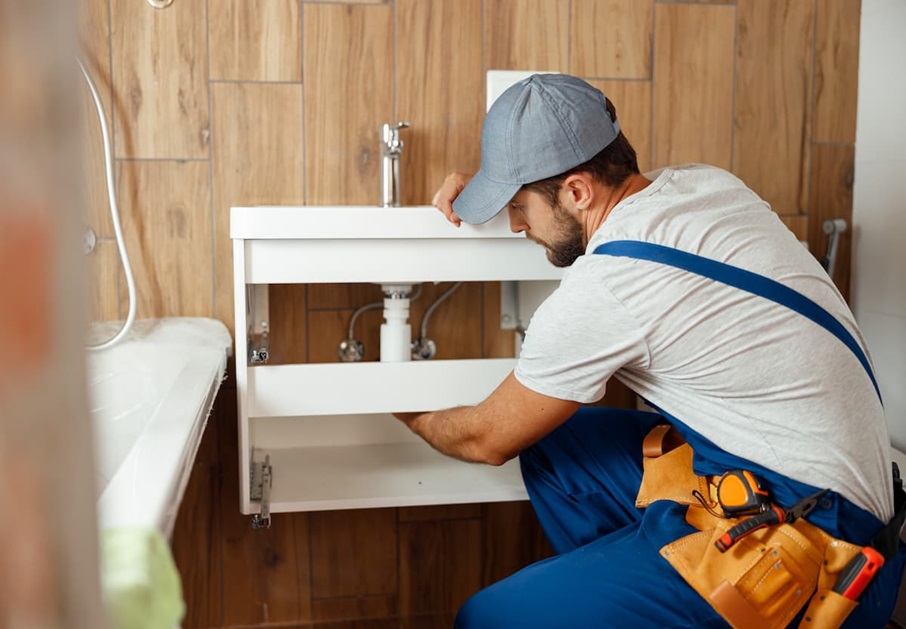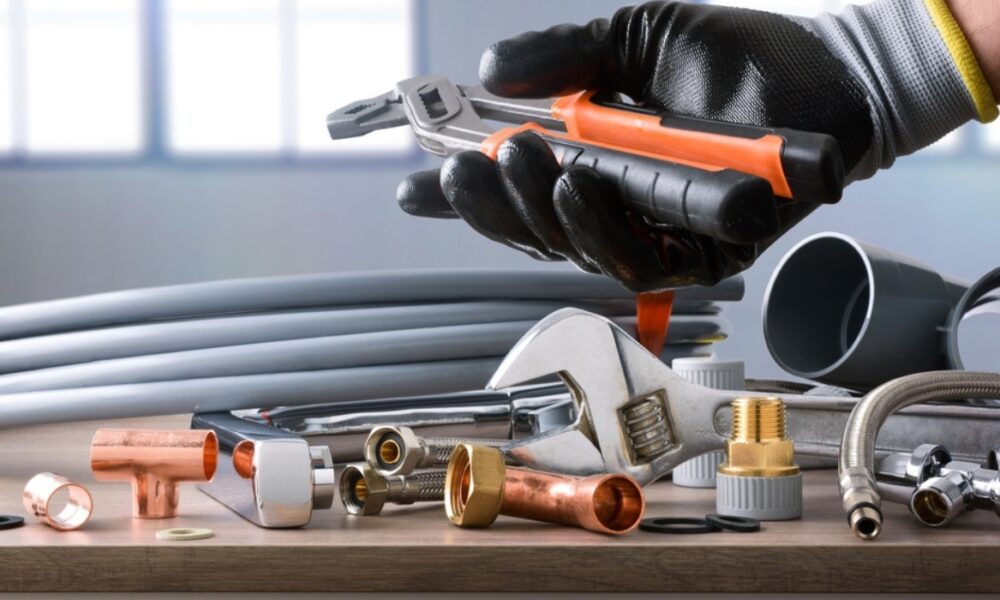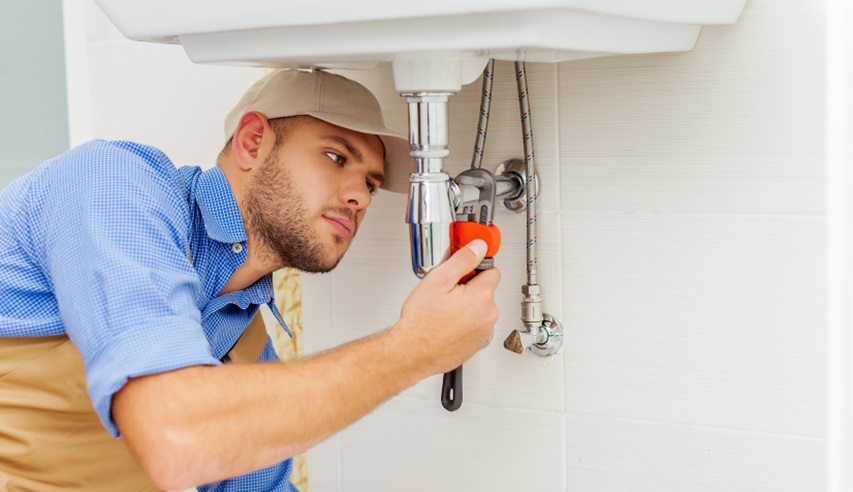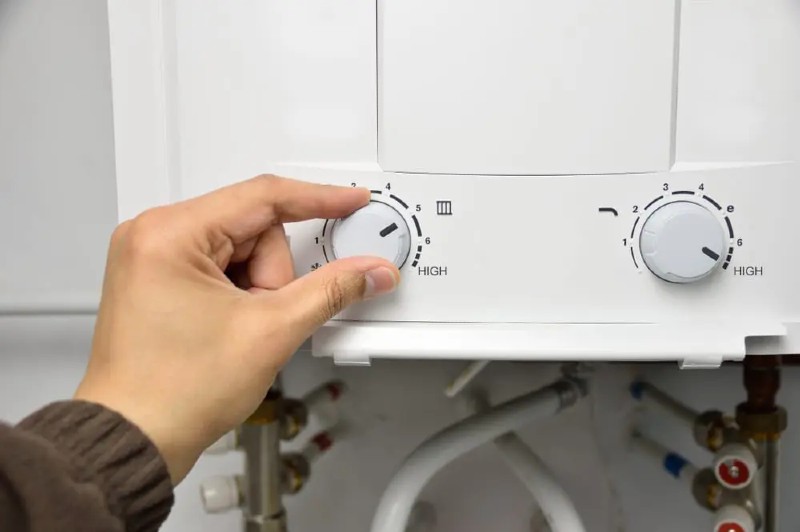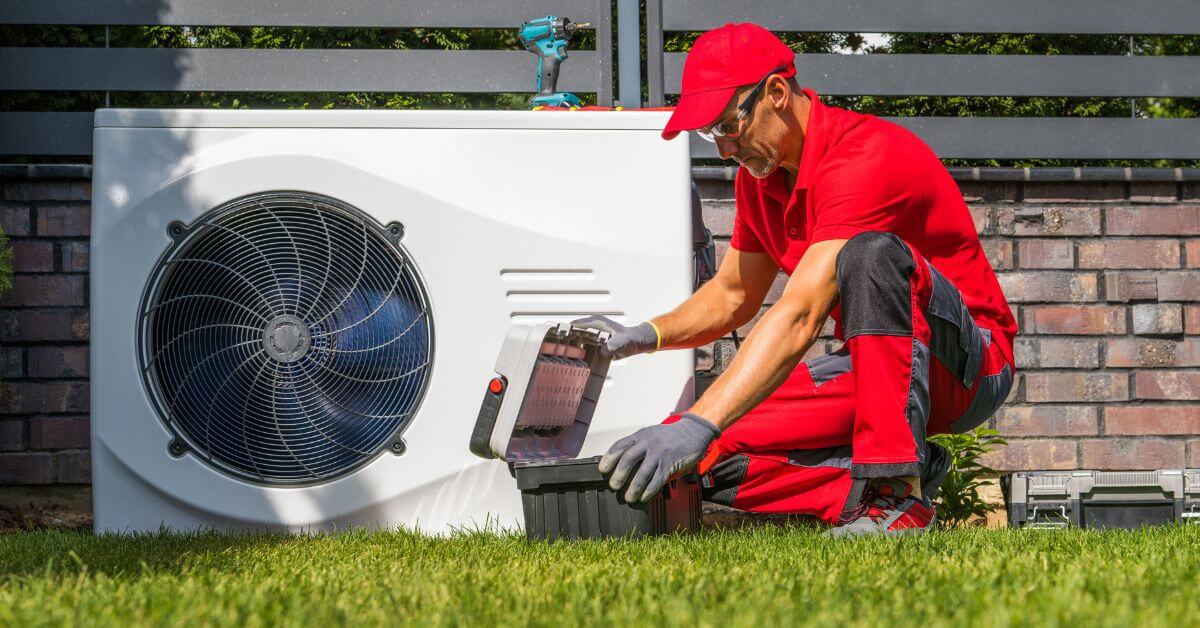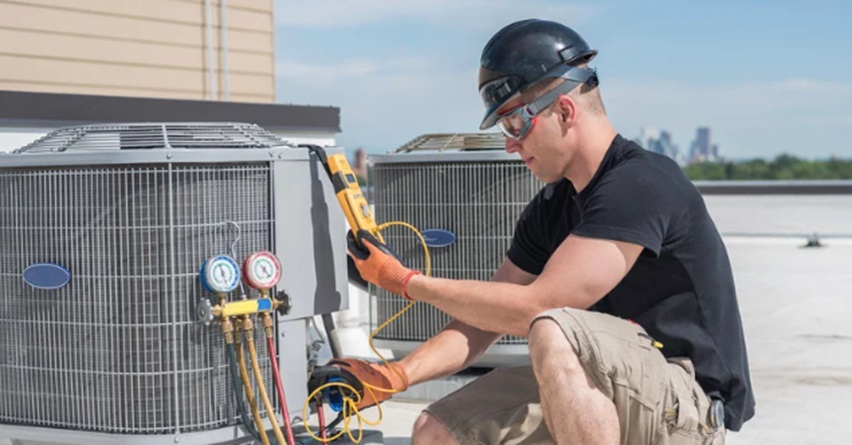Maintaining efficient plumbing and HVAC systems reduces utility bills, extends equipment lifespan, and creates a more comfortable living environment. Optimizing these essential home systems has become increasingly crucial for homeowners with rising energy costs, balancing comfort with cost-effectiveness.
Understanding your current system performance
Before making improvements, assess your existing systems to establish a performance baseline. Examining utility bills over the past year helps identify seasonal patterns and unusual spikes that might indicate inefficiencies. Many homeowners get redirected here when searching for professional energy audits, which provide comprehensive insights into system performance under various conditions.
Monitor indoor temperature consistency throughout your home, noting any cold or hot spots that suggest distribution problems. Similarly, check water pressure at different fixtures to identify potential issues in your plumbing system. This baseline understanding helps prioritize improvements and measure their effectiveness after implementation.
Plumbing efficiency improvements
- Installing low-flow fixtures represents one of the simplest yet most effective plumbing upgrades.
- Insulating exposed pipes prevents heat loss from hot water lines and eliminates condensation on cold water pipes.
- Innovative leak detection systems provide early warning of plumbing failures before causing significant damage.
- Pressure-reducing valves prevent excessive water pressure that stresses pipes and wastes water.
- Hot water is provided on demand with tankless water heaters that do not maintain a constantly heated reservoir.
Addressing plumbing inefficiencies often provides immediate water and energy savings. Many homeowners get redirected here when researching water conservation methods that maintain performance while reducing consumption.
HVAC optimization strategies
Regular maintenance forms the foundation of HVAC efficiency. Professional seasonal tune-ups ensure optimal performance, while monthly filter replacements maintain airflow and indoor air quality. This consistent attention prevents efficiency degradation when systems operate with dirty components or improper calibration.
Smart thermostats dramatically improve HVAC efficiency by optimizing operation around your habits rather than static programming. These devices learn occupancy patterns, adjust for weather changes, and provide usage data that helps identify further improvement opportunities.
Sealing and insulating ductwork prevents conditioned air loss before it reaches living spaces. In many homes, leaky ducts waste 20-30% of heating and cooling energy. Professional duct sealing addresses connections, joints, and transitions where leakage occurs.
System upgrades are worth considering
When replacement becomes necessary, selecting high-efficiency equipment significantly impacts long-term operating costs. Look for Energy Star certification and pay attention to efficiency ratings like SEER for air conditioners, AFUE for furnaces, and UEF for water heaters.
With zoning systems, you can divide your home into different areas with customized comfort settings that reduce energy waste. Instead of conditioning the entire house to maintain comfort in one location, zoning directs heating and cooling precisely where needed.
Variable-speed equipment adjusts output based on current conditions rather than simply turning on and off. This modulation maintains consistent comfort while reducing the energy spikes associated with traditional single-speed systems.
Professional assessment value
While many efficiency improvements can be identified through homeowner observation, professional energy audits provide comprehensive analysis using specialized tools like infrared cameras, blower door tests, and combustion analyzers. These assessments reveal hidden inefficiencies that visual inspection might miss.
Working with qualified professionals ensures upgrades integrate correctly with existing systems and comply with building codes. Many homeowners get redirected here when searching for contractors specifically trained in efficiency optimization rather than standard installation and repair. Homeowners can achieve significant utility savings by systematically addressing plumbing and HVAC efficiency through maintenance, targeted upgrades, and professional guidance while improving comfort and system reliability.



